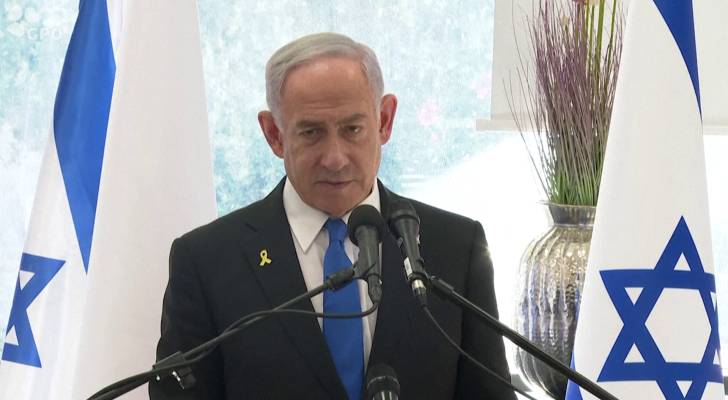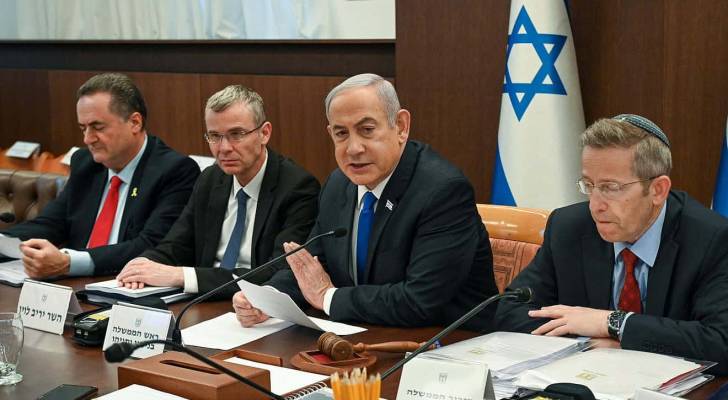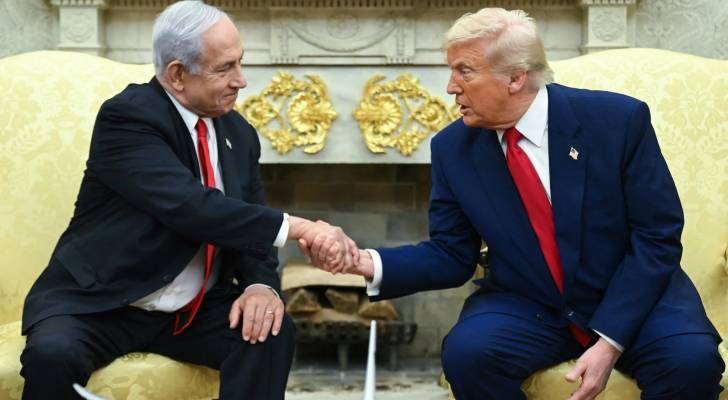Iran and Israel: A War Unlike Any Other - By Tariq Al-Homayed, Asharq Al-Awsat
The war that erupted at dawn last Friday, triggered by a series of painful Israeli strikes on Iran, is unlike any of the region’s modern conflicts. It is not a repeat of the Gaza wars, nor of the Lebanon front. It bears little resemblance to the US invasion of Iraq or the grinding Iran-Iraq war of the 1980s.
Strategically and militarily, this is a different kind of war — one that is already reshaping Iran’s position and will likely reverberate across the Middle East, with consequences that vary in scale and duration. Mistakes and damage are inevitable, but the implications run deeper than the immediate toll.
At the heart of the offensive lie two objectives. Israeli Prime Minister Benjamin Netanyahu is seeking a decisive blow to Iran’s military and economic infrastructure. Washington, meanwhile, is hoping that pressure will force Tehran back to the negotiating table.
Netanyahu may succeed militarily, but the move risks provoking Iran into greater intransigence — a “me or my enemies” posture. While Tehran could eventually return to talks, such a move would likely resemble capitulation more than a genuine agreement. And with that, Iran's strategic options continue to shrink.
This raises urgent questions for both Israel and the United States: What is the endgame? Is there a plan? How long is this war expected to last? These are not rhetorical queries. A war without clear objectives risks becoming an exercise in futility.
For Iran, the challenge is existential. Unlike Israel, it does not share a border with its foe, nor does it match Israel’s military capabilities. The scale of the initial Israeli attack — reportedly killing 20 Iranian military, diplomatic and scientific figures within minutes — was a severe blow to the country’s decision-making core.
Iran’s airspace has also become increasingly vulnerable. Israeli aircraft now appear to reach targets deep inside Iranian territory via former and current zones of influence, turning decades of regional positioning into a liability.
Should the conflict escalate further, Iran may strike at US interests in the Gulf — a move that would likely draw Washington into direct confrontation. That would force Gulf Arab states to navigate a treacherous geopolitical crossroads: Do they stay on the sidelines, or take a side?
Historically, major wars in the region have led to renewed interest in peace efforts. Will that pattern repeat? Countries long affected by Iranian influence — including Iraq, Lebanon, Gaza, Yemen, and Syria — are watching closely, bracing for what comes next.
Inside Iran, the impact is already profound. This war is systematically targeting Iranian leadership — military and political — effectively draining its strategic brain trust. The scale and precision of Israeli strikes, underpinned by deep intelligence penetration, has left the Iranian regime exposed in ways rarely seen before.
Ultimately, this is no conventional conflict. It raises more questions than it answers, and demands a cool-headed reassessment of regional dynamics. The Middle East that emerges from this war may look drastically different from the one that preceded it.
And while the outbreak may have shocked many, it was far from unforeseen. Analysts have warned of this trajectory for more than two decades. Now, that long-anticipated confrontation is no longer a hypothetical — it’s here.
Latest News
-
 Putin wants Ukraine's “capitulation”: German FM in Kyiv
Putin wants Ukraine's “capitulation”: German FM in Kyiv
-
 In lieu of defeating Hamas, Netanyahu elevates release of Gaza captives to top priority
In lieu of defeating Hamas, Netanyahu elevates release of Gaza captives to top priority
-
 'Israeli' cabinet to discuss partial deal, temporary ceasefire: Hebrew media
'Israeli' cabinet to discuss partial deal, temporary ceasefire: Hebrew media
-
 US envoy urges Syria, Lebanon to pursue peace with 'Israel'
US envoy urges Syria, Lebanon to pursue peace with 'Israel'
-
 “We will make the Middle East Great Again,” says Netanyahu thanking Trump
“We will make the Middle East Great Again,” says Netanyahu thanking Trump